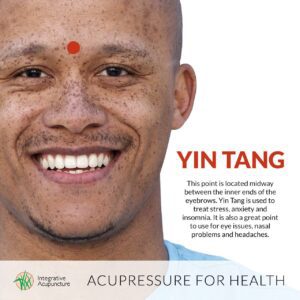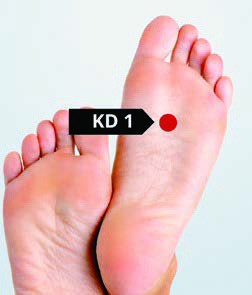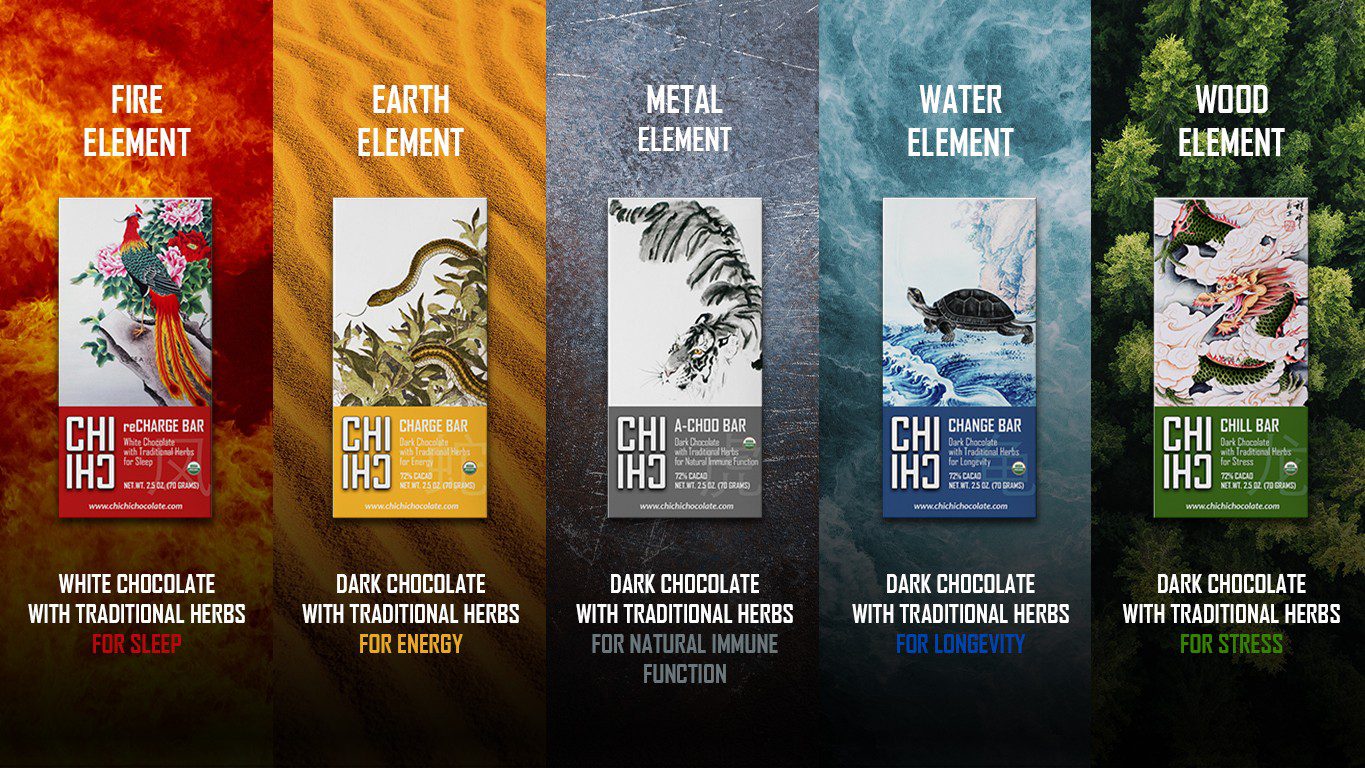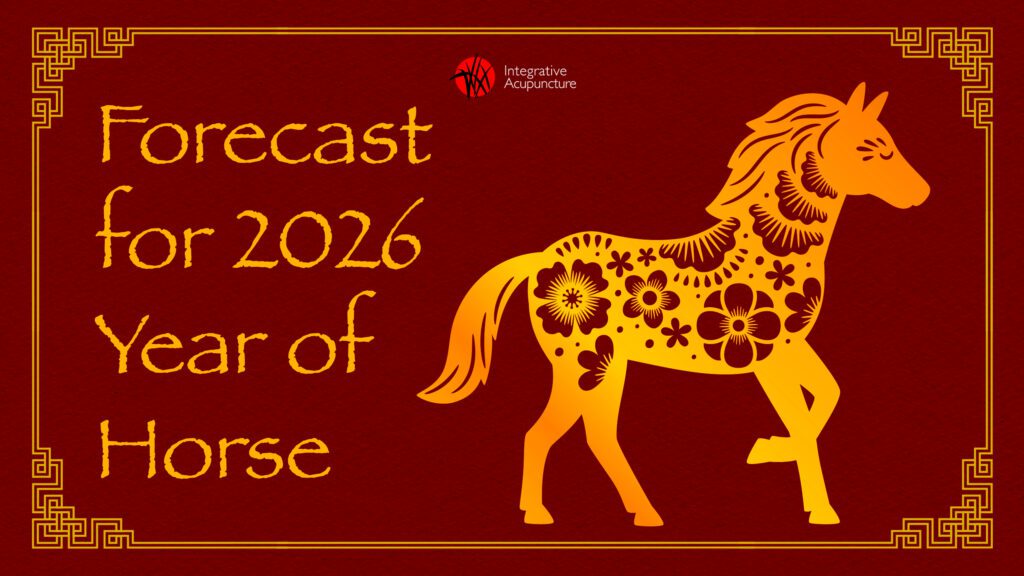There are multiple definitions for stress, but there is only one when discussion how stress affects the physical body. It is a “physical, chemical, or emotional facto that causes bodily or mental tension,” (as defined by the Merriam-Webster Dictionary).
Even though it doesn’t feel good, stress actually does have an important function in our bodies. It’s the body’s way of signaling for help or a break in the routine. If we don’t listen to these signals, we can develop imbalances in our bodies. Common thinking in Traditional Chinese Medicine (TCM) is that imbalances are the cause of illnesses.
Cortisol is the hormone that’s most closely related to stress. This hormone is a big component of the “fight or flight” response we feel when we are scared or threatened. In small bursts, cortisol is helpful! However, when stress is chronic, cortisol levels are elevated. This puts the body in a constant state of being on edge, leading to insomnia, depression, anxiety, digestive issues, and mental issues. TCM provides many ways of combating stress and keeping our minds at ease.
Here are a few examples of how TCM can help stress:
Nutrition:
Proper nutrition is important for everyone, but when it comes to stress, nutrition is vital. Pay special attention to the kidneys, as they will help reduce stress. They kidneys are the source of our vital essence, and if they are damaged, our health will suffer. Foods like black beans, kidney beans, asparagus, plums, blueberries, and blackberries are beneficial for strengthening the kidneys. When the kidneys are strong, we can work through stress more effectively.
Herbal formulas:
Xiao Yao San is a popular TCM formula addresses stress. This formula is also called “Free and Easy Wanderer: because it helps remove stagnation in the energetic pathways that lead to stress and difficulty staying on task.
Acupuncture:
Acupuncture acts as a physical therapy for the nervous system. The tiny needles retrain the nervous system and brain to behave as it normally should. For the nervous system to act and respond accordingly, cortisol has to be a normal levels. Acupuncture works to limit excessive cortisol to occur only when a true “fight or flight” situation arises.
Here are some common acupuncture points for stress. Try doing some at-home acupressure on these points as well! Be sure to use deep, firm pressure to massage and stimulate each of the following points. When massaging acupoints, try to relax in a comfortable position, close your eyes, and breathe deeply.
Yin Tang – Yin Tang’s location is directly between the inner edges of the eyebrows. It’s a reflex point of the pituitary gland. Yin Tang calms the mind and relaxes the body by controlling hormone secretions.
Ren 17 – Ten 17 is at the center of the chest, midway between the nipples. This point is great for opening the chest. With stress, many people feel chest tightness and constriction, and this point will help. Ren 17 is also beneficial in treating anxiety, depression, nervousness, asthma and lung issues, digestive issues, and heart problems.
Kidney 1 – Kidney 1’s location is at the bottom of the foot, at the junction of the anterior one-third and posterior two-thirds of the line connecting the base of the second and third toes and the heel. This point can sedate and calm the mind, while also regulating blood flow to the upper parts of the body and brain.
Integrative Acupuncture can help you become stress free with acupuncture, massage therapy, naturopathic care, and more. Contact us with any questions or book an appointment online today!











